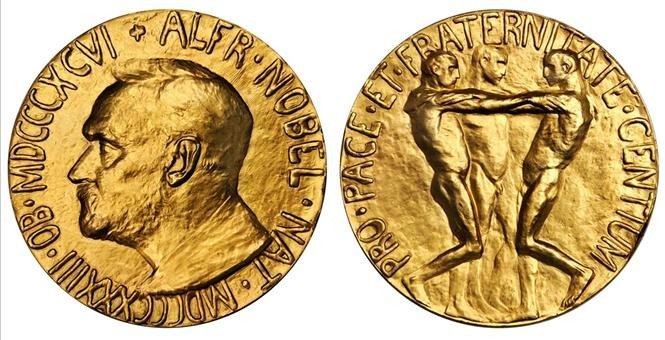
Deaton examines how consumers spend and save, how they distribute their money over different goods. He sees the study of consumption as more useful than the study of income or productivity, particularly in developing countries where people may have multiple smaller sources of income, and may spend labour on producing things they consume themselves.
“To design economic policy that promotes welfare and reduces poverty, we must first understand individual consumption choices,” says the Royal Swedish Academy of Sciences, who awards the prizes in the name of Alfred Nobel. “More than anyone else, Angus Deaton has enhanced this understanding. By linking detailed individual choices and aggregate outcomes, his research has helped transform the fields of microeconomics, macroeconomics, and development economics”

Image: Angus Deaton
After years of studying poverty, Deaton remains an optimist. “Life is better now than almost any time in history,” he writes in his 2013 book, The Great Escape: Health, Wealth, and the Origins of Inequality. “More people are richer and fewer people live in dire poverty. Lives are longer and parents no longer routinely watch a quarter of their children die.”
But he also thinks that the creation of wealth that has brought so many out of poverty, particularly in developing nations, is also a risk to the fabric of democracy.
“The political equality that is required by democracy is always under threat from economic inequality, and the more extreme the economic inequality, the greater the threat to democracy,” he writes in The Great Escape, which endeared him to readers both on the right (‘Market solutions are the best!’) and the left (‘Inequality is the worst!’).
“If democracy is compromised, there is a direct loss of well being because people have good reason to value their ability to participate in political life, and the loss of that ability is instrumental in threatening other harm.”
“The political equality that is required by democracy is always under threat from economic inequality, and the more extreme the economic inequality, the greater the threat to democracy”
Deaton is best known outside the academy for his 2010 study he co-authored with psychologist Daniel Kahneman (who won his own Nobel Prize in economics in 2002), which concluded that money actually did equal happiness, up until US $75,000 per annum.
The study (simplifications of which were shared widely on social media), has been misread with a focus on the dollar amount, as if US$75,000 were some magic bullet income. But its main point wasn’t an analysis of the exact income makes people happiest, rather that an increase in income does improve one’s emotional well-being by taking the concerns of providing basic needs – paying rent, feeding one’s family, etc. – but after these needs are met, earning more money has diminishing returns.
One of Deaton’s most controversial opinions is that international aid has little effect on the progress of the developing world and that free trade and incentivising drug companies would make a larger contribution to decreasing poverty.
“I have come to believe that most external aid is doing more harm than good,” he writes in The Great Escape. “If it’s undermining countries’ chance to grow – as I believe it is – there is no argument for continuing it on the grounds that ‘we must do something.’ The something that we should do is stop.”
Bill Gates, who has dedicated much of his life and wealth to aid through the Bill & Melinda Gates Foundation, says it’s the weakest part of Deaton’s theory: “If this is the only thing you read about aid, you will come away very confused about what aid does for people.”
If you’d like to read more about Deaton, I recommend this from economist Tyler Cohen and the ‘popular science’ version of the Nobel committee’s statement. For extra credit, read the pro version.




